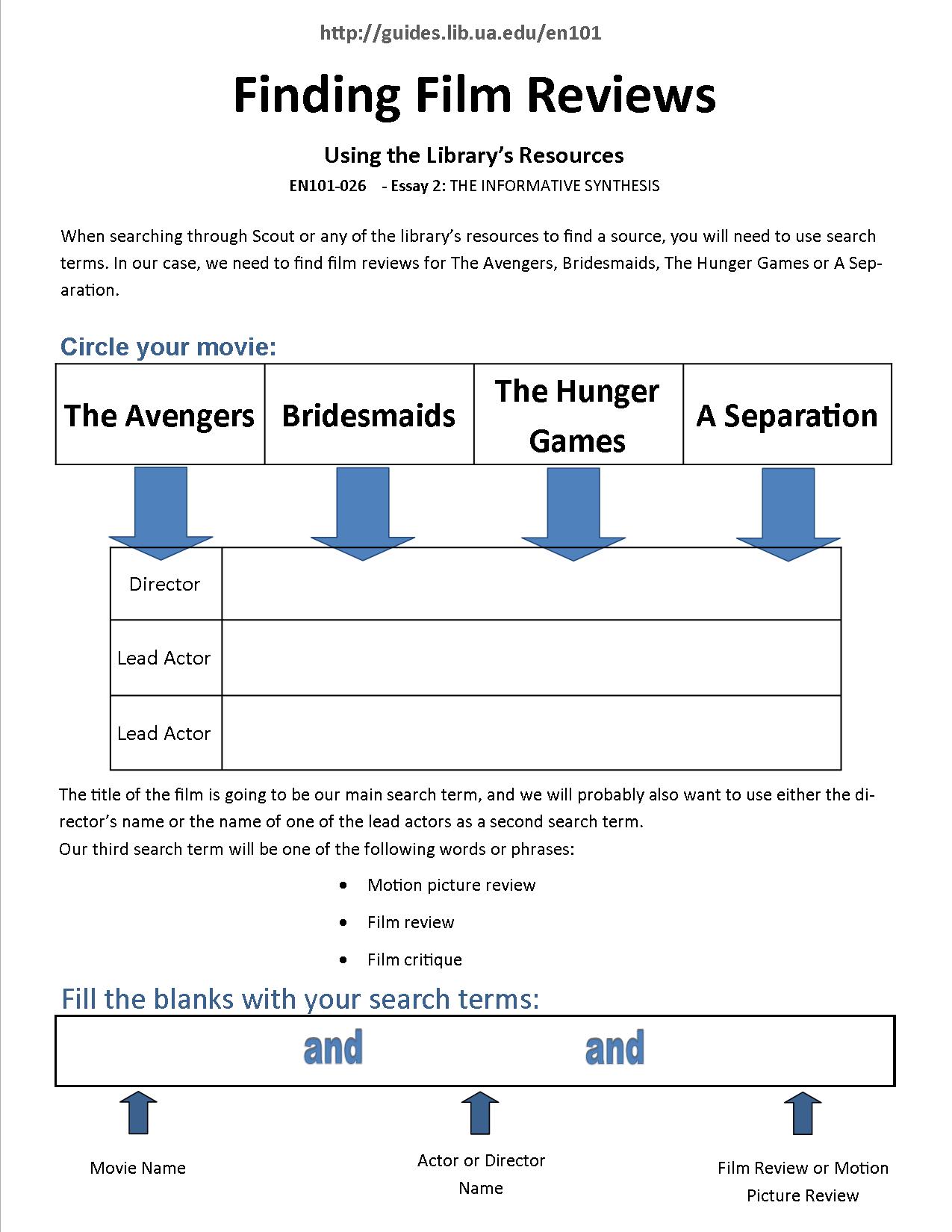Reflection on “Grand Narratives and the Information Cycle in the Library Instruction Classroom.”
Sara Franks, “Grand Narratives and the Information Cycle in the Library Instruction Classroom,” in Critical Library Instruction: Theories and Methods, edited by Maria T. Accardi, Emily Drabinski, and Alana Kumbier, 43-54. Duluth: Library Juice Press, 2010.
This article discussed the role of information professionals in developing critical thinking skills and moving away from the trend of emphasizing “grand narratives” in higher education. I don’t think there’s any doubt that librarians should encourage students to take a more active role in their education, to find their own sources of information, and to think critically about them. I’m not sure that as librarians we need to explicitly encourage students to move away from grand narratives (we only have so much time with students anyway) as long as we can help them to find their own sources of information and think critically about them. I do believe, as the article points out, that higher education is already moving away from the concept of grand narratives. Coming from a history background, I never really had a teacher that taught a certain way only (a Marxist view of history, for example). You would be assigned a number of different works with varying themes (some that might stress economic determinism, the importance of “great men” or big ideas, etc.) and you could develop your own critical thinking by deciding which themes you felt were most important.
I do think the author is right in emphasizing the fact that scholarly sources are not infallible by any means. We do need to describe the differences between popular sources and scholarly sources, but at the same time recognize that scholarly sources are full of opinions and biases. Again coming from a history background, when you’re in high school and even 100 level classes you mostly read textbooks, and a lot of times it’s just assumed that they can be taken completely on face value, even if that’s not always correct. But as you start taking higher level classes you realize how specialized and opinionated most history is, because historians have to be opinionated; they have to stake out a position and opinion on a topic, person, or concept because any major event has almost certainly been covered in detail by previous authors. But at the same time, I think that gives students a chance to develop their critical thinking skills. If a student is assigned a research paper and finds a number of sources on some event that have distinct themes, biases, opinions, etc., then he or she can try to compare and contrast these views and develop opinions of their own. The article also cautions library professionals to not portray reference sources as authoritative or complete, and that also seems reasonable. I do think there can be a bit of a fine line here though; we should encourage students to think critically, we should tell students not to always take things on face value, but we also don’t need to scare them off, so to speak, by constantly emphasizing how fallible all their sources are.
